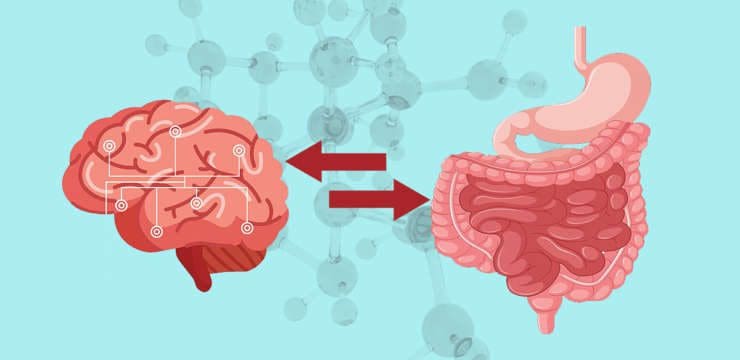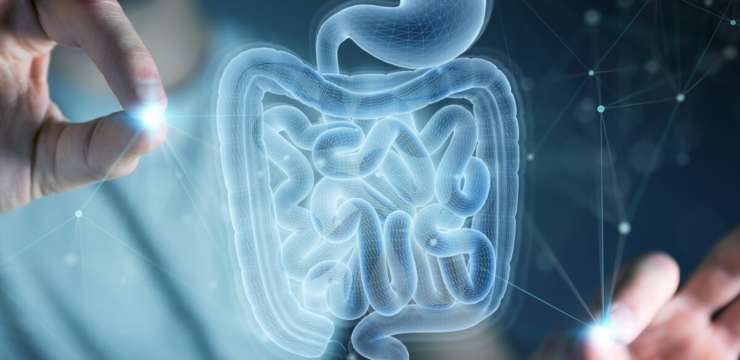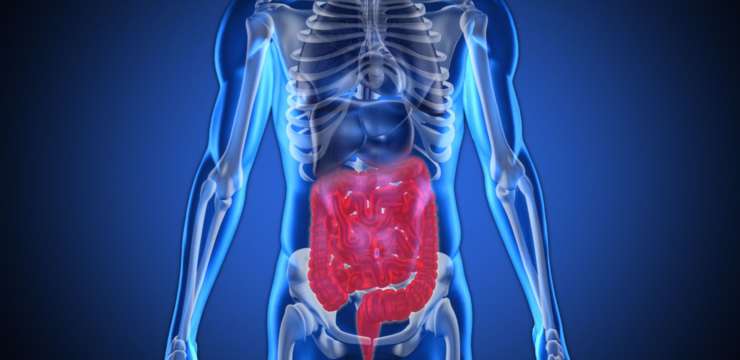Introduction As everyone knows, the gut helps the body metabolize nutrients and vitamins that it needs to function correctly. The gut system also allows the body’s immunity to perform…

Gut and Intestinal Health: The health of an individual’s gut determines what nutrients are absorbed along with what toxins, allergens and microbes are kept out. It is directly linked to the health of the whole body. Intestinal health could be defined as optimal digestion, absorption, and assimilation of food. But this is a job that depends on many other factors. More than 100 million Americans have digestive problems. Two of the top-selling drugs in America are for digestive problems, and they run in the billions. There are more than 200 over-the-counter (OTC) remedies for digestive disorders. And these can and do create additional digestive problems.
If an individual’s digestion is not working properly, the first thing is to understand what is sending the gut out-of-balance in the first place.
Low-fiber, high-sugar, processed, nutrient-poor, high-calorie diet, causes all the wrong bacteria and yeast to grow in the gut and damages the delicate ecosystem in your intestines.
Overuse of medications that damage the gut or block normal digestive function, i.e. acid blockers (Prilosec, Nexium, etc.), anti-inflammatory medication (aspirin, Advil, and Aleve), antibiotics, steroids and hormones.
Undetected gluten intolerance, celiac disease or low-grade food allergies to foods such as dairy, eggs, or corn.
Chronic low-grade infections or gut imbalances with overgrowth of bacteria in the small intestine, yeast overgrowth, parasites.
Toxins like mercury and mold toxins damage the gut.
Lack of adequate digestive enzyme function, from acid-blocking medications or zinc deficiency.
Stress can alter the gut’s nervous system, cause leaky gut, and change the normal bacteria.
Visits for intestinal disorders are among the most common trips to primary care doctors. Most, which also includes most doctors, do not recognize or know that digestive problems wreak havoc in the entire body. This leads to allergies, arthritis, autoimmune disease, rashes, acne, chronic fatigue, mood disorders, autism, dementia, cancer, and more.
Having proper gut and intestinal health is absolutely central to your health. It is connected to everything that happens in the body.
Functional medicine and health coaches are able to look at the source of the gut imbalance and run diagnostic tests to discover the exact type and number of bacteria imbalances. From here, natural supplements can be recommended such as a probiotic to recreate a healthy gut microbiome.

Introduction As everyone knows, the gut helps the body metabolize nutrients and vitamins that it needs to function correctly. The gut system also allows the body’s immunity to perform…

Introduction The gut system is home to trillions of beneficial bacteria that helps biotransformed food into nutrients for the body to function correctly. The gut is also…

Introduction The gut system is a massive ecosystem that helps modulate the body’s immune system and metabolic changes that the body itself is going through. The gut system provides the body…

Introduction When it comes to the gut system, its main priority is to ensure that the body is supplied with nutrients and digests the consumed food…

Introduction The human body requires nutritional healthy foods to provide energy for each component, like the muscles and tissues to move around. The gut system takes the…

Introduction The gut system is home to many beneficial bacteria that ensure that everything is working correctly. The organs that make up the gut system help transport…

The central nervous system – CNS controls body and mind functions, voluntary movements, including walking, and involuntary movements, specifically the breakdown of foods and waste…

Introduction Inside the body lies the internal organs that provide the nutrients and energy for the body to stay in motion. The gut system helps the body…

Spinal decompression and Digestion. No one wants to worry about stomach issues. A rich and unhealthy diet can cause digestive issues, stomach pain, and back…

Introduction The gut system has an important job: making sure that the consumed food is being digested and transformed into nutrients to be absorbed into the…

Introduction The gut system’s primary function is to make sure that the consumed food that a person eats is digested in the stomach, and the intestines (both…

Introduction When a person consumes food, it is traveled down to the gut system, where it can be digested and biotransformed into nutrients in the small…

Introduction The gut system is home to the organs and intestines that ensure that the consumed food is digested and absorbed into the bloodstream while being transported…

Introduction Inside the body, the gut and the intestines make sure that everything is working properly. The gut and intestinal system make sure that the…

Introduction The gut system makes sure that any food that is being digested gets turned into nutrient particles and is transported all over the entire body. The…

Introduction The body requires the gut and the intestines (both small and large) to store, digest, and transport the nutrients from food to all the body’s organs, tissues, muscles,…

Introduction The body’s primary job is to make sure that each organ system works correctly and does its job. One of the systems in the…